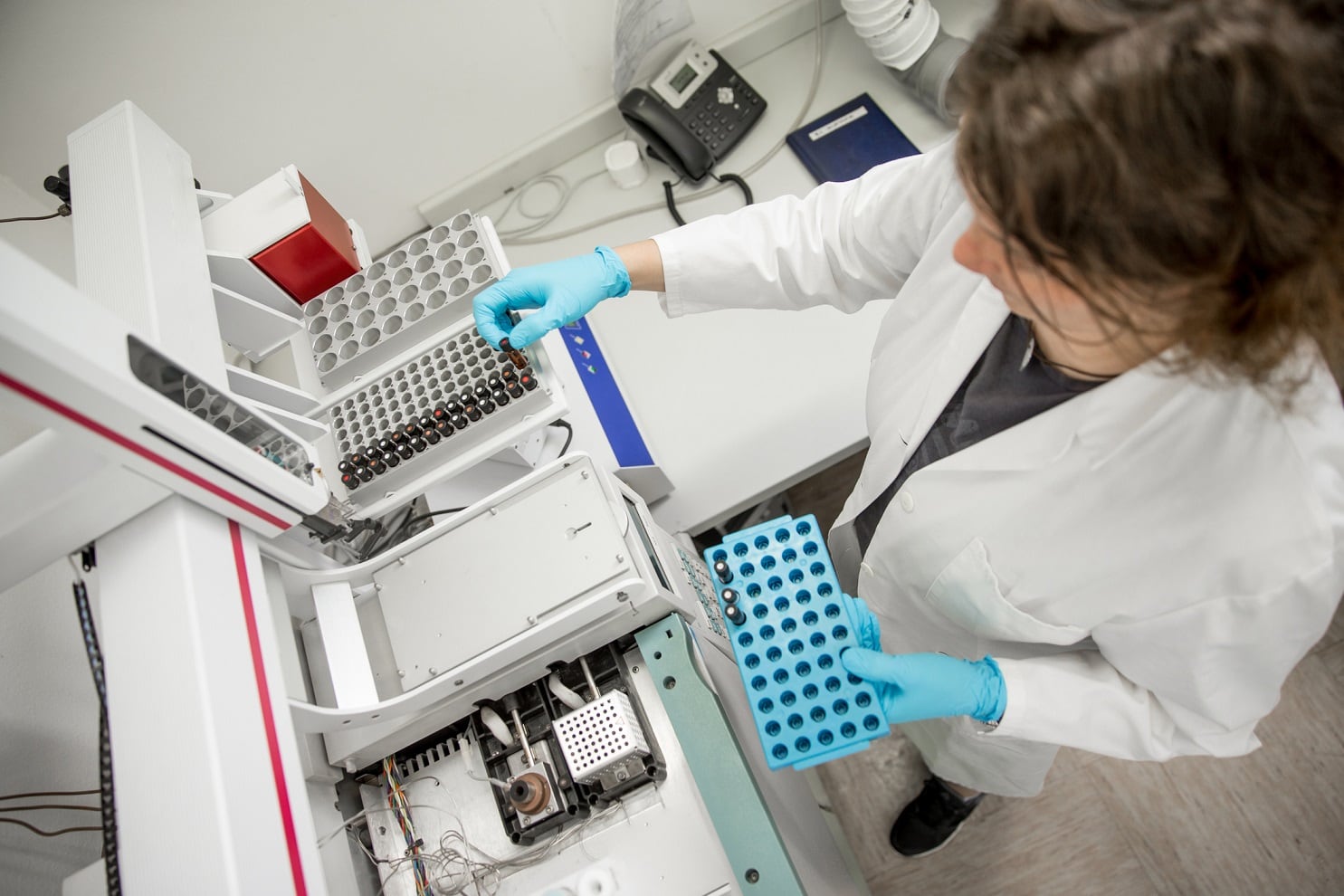Governor Gavin Newsom (D) signed California Assembly Bill 899 into law on Oct. 11, 2023. AB 899 requires manufacturers of baby food to test and disclose the levels of four toxic elements (arsenic, cadmium, lead and mercury) that may be present in baby food, and to meet particular labeling requirements. According to the bill, any baby food products sold or made in California will require testing for specific toxic elements beginning January 1, 2024. The heavy metal disclosure requirements went into effect Jan. 1, 2025.
Up until recently, the bill was thought to impact only baby food sold in California that is marketed for children under two years old. However, in late November, the California Department of Health clarified that the bill also includes dietary supplements, leaving nutraceutical brands scrambling for guidance on how to implement the new requirements in a matter of weeks.
But behind the scenes, industry trades were attempting to reach the California Department of Public Health to get some clarification on whether the bill really does apply to dietary supplements, since more than one trade said they were told that was not the original intent of the bill’s authors.
In December, Loren Israelsen, founder and president of the United Natural Products Alliance, told NutraIngredients-USA that he was in touch with CDHP about the lack of information available about AB 899 on its website.
“We had a webinar on this and our members went and looked at the California [Health Department] website trying to get details,” he said. “They can’t find anything, and in fact, it’s not there. And so the response from California was, ‘well, yeah, it’s the holidays and we’ll do it first thing next year.’ So after it’s effective, basically, you’re going to give us some sense of how this is supposed to work?”
Post-holiday update
On Jan. 14, NutraIngredients-USA reached out to CDHP’s communication department to see whether there were any changes to who the bill impacts.
The communications department responded by saying:
“Dietary supplements are considered food. Therefore, manufacturers of dietary supplements for children 2 years and younger must comply with the provisions and due dates of AB 899. Additionally, manufacturers must comply with other applicable regulatory requirements for dietary supplements (e.g., 21 CFR Part 111 for dietary supplement products). Please see AB 899 FAQ page for more information.”
When pressed on whether there would be any special consideration for supplement manufacturers who recently found out the bill applied to them, the communications department responded:
“AB 899, which became effective Jan. 1, 2024, does not allow an implementation grace period or special considerations.”
Trades respond
“CRN continues to stress that the California Department of Public Health (CDPH) purported interpretation that supplements are included under AB 899 appears to be misguided,” said Jeff Ventura, vice president of communications at the Council for Responsible Nutrition (CRN).
“The limited definition of ‘baby food’ under the law does not appear to contemplate that supplements would be included, which is in line with CRN’s understanding that AB 899’s authors did not intend to include supplements within the law’s scope. Supplements are already subject to extensive GMPs that include testing for toxic elements like heavy metals. CRN is concerned with how CDPH staff came to this broad interpretation and that the agency has offered no rationale for why its staff is representing at this late stage why supplements are included.”
“This situation remains in a state of uncertainty. It seems that the CDPH’s only comment is that DS [dietary supplements] are included under AB 899. That is it. Multiple trade organizations have asked for the rationale behind this, and so far silence — both in emails and on the CDPH website,” said UNPA’s Israelsen.
“It is our understanding the sponsors of AB 899 did not envision DS being within the scope of this bill, seeing it as addressing baby foods, juices etc. intended for children under the age of 2.
“Dietary supplements are already under a Prop 65 obligation to test for lead and other heavy metals, so we are trying to understand what happened, who made this decision and how to conform the CDPH’s unexplained thinking to the intent of the original bill sponsors.
“It seems self-evident that if California regulators make a last minute-decision that throws a wrench into the gears, they should, at the very least, explain their thinking and respond to those affected. So far, that has not happened.”
In December, NutraIngredients-USA reached out to several brands with SKUs that appear to be intended for children for a reaction to the bill. No brands responded, except for one that said it did not think the bill applied to them.



